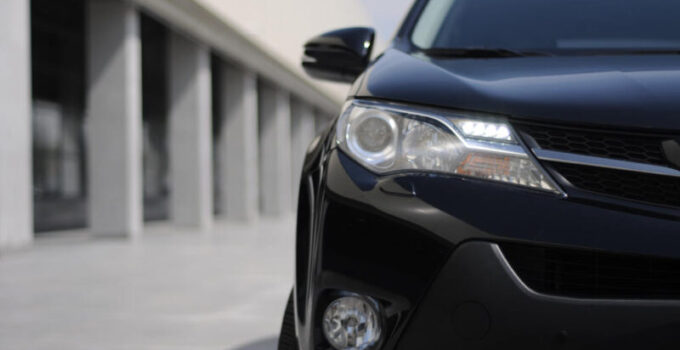Sport Utility Vehicles (SUVs) have grown in popularity in recent years. These vehicles are famous for offering a higher level of sophistication and excitement than standard automobiles. Moreover, car enthusiasts continue to be enamored with these sporty vehicles, which is why automakers keep producing them.
Acquiring an SUV is preferable, particularly if you want a durable vehicle for daily operations. However, to make an informed decision before buying an SUV, you’ll have to do some research. You may visit sites, such as www.whichcar.com.au, and others like it to look up reviews of vehicle models.
Other than that, here are some of the most important considerations when buying an SUV:
Page Contents
1. Fuel Efficiency
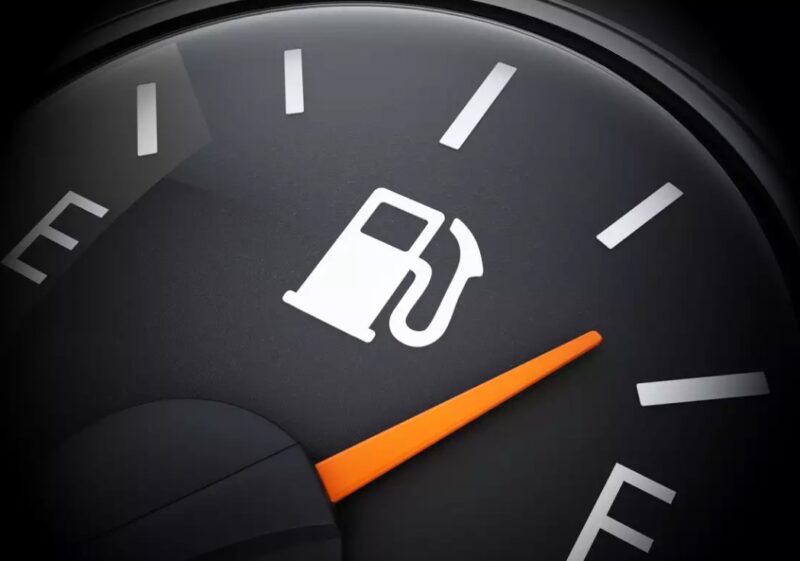
Source: auto.economictimes.indiatimes.com
If you’re concerned about fuel economy and the expense of running your vehicle, you may want to reconsider purchasing an SUV. This is not to say that all of them use excessive amounts of gasoline. However, there is no denying that SUVs are not the most fuel-efficient vehicles on the road.
SUVs are heavier, and they have a greater aerodynamic drag than ordinary vehicles. They carry more weight since they are commonly made of heavy sheet metal. So, it’s difficult for them to cut through the air. In other words, the heavier the vehicle, the more strain it puts on the engines, particularly when it is carrying a full load of people. This hurts its fuel efficiency.
While SUVs are getting more fuel-efficient nowadays, they continue to use more gasoline than other vehicles. Therefore, if you’re adamant about purchasing an SUV, allocate a larger budget for fuel costs.
2. Size Requirement
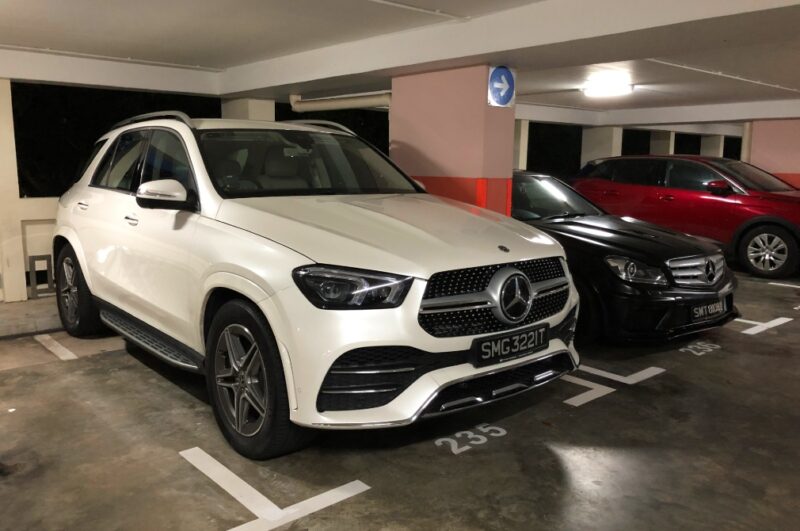
Source: torque.com.sg
SUVs, like other vehicles, are available in a range of sizes. However, the size of them you choose is determined by your intended purpose. Here are some of the most common sizes of SUVs and their pros and cons:
-
Subcompact SUVs
It’s a somewhat higher variant to subcompact vehicles of the same size. They are quick to park and move because of their modest size. Buyers should, however, not anticipate a lot of cargo space or substantial off-roading prowess from this type.
-
Small SUVs
It’s ideal for car owners who want more space than a compact sedan can give. Most of these types of SUVs have rear seats large enough to seat two adults properly. While most lack off-road capability, they are adequate for dirt roads or wet tracks.
-
Mid-sized SUVs
They are the greatest option for most families when it comes to power, internal space, cargo capacity, and overall safety. Moreover, there are two- and three-row versions of mid-sized SUVs. However, the last row is normally better for children since it is sometimes cramped and challenging for grownups to get into.
-
Large SUVs
While most of them have a lot of power, passenger room, and towing potential to offer, they may also be inconvenient because of their size. However, drivers that need to transport large things and many passengers may find these vehicles ideal.
3. Safety Considerations
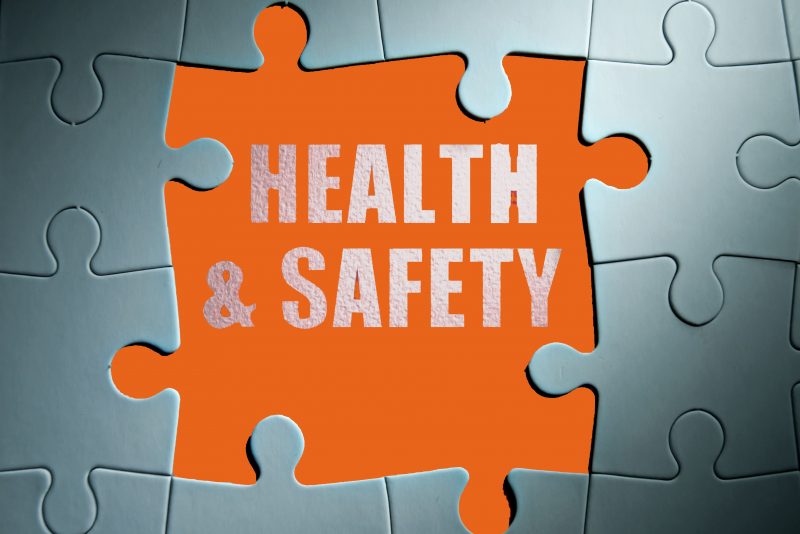
Source: filteefleetwash.co.uk
Another critical factor to consider when purchasing an SUV is its safety features. Though SUVs are bigger, this doesn’t mean they’re unbreakable on the street. Being heavier at the center of gravity increases their risk for roll-over accidents. Additionally, keep in mind that bigger cars have broader blind spots. That’s something you can’t afford to overlook either.
Fortunately, the majority of SUVs have standard safety equipment like forwarding Collision Warning (FCW), Automatic Emergency Braking (AEB) with pedestrian detection, and Blind Spot Warning (BSW).
FCW system warns the driver of an approaching collision with another vehicle or obstruction in its path through a visual, audio, and tactile warning. Likewise, AEB intervenes in the event of an impending accident, stopping the vehicle if the driver doesn’t act fast enough.
Moreover, BSW checks the sides of a vehicle, alerting drivers of the presence of another vehicle in situations where visibility may be limited. This may be especially useful for larger SUVs, which have substantial blind spots.
Other advancements:
- Telematics devices that can notify emergency services if an airbag activates
- Lane departure warning systems that inform the driver if they change lanes without signaling
- Lane-keeping assistant that helps keep the car in the lane if the driver begins to drift
- A rear cross-traffic warning system that scans the vehicle’s sides while the driver reverses
Before purchasing an SUV, make sure to check for these safety features to ensure your security when driving.
4. Budget And Maintenance Costs

Source: torrestorrestorres.com
Budget is also a crucial consideration. Consider your financial situation before deciding on purchasing an SUV. Additionally, you should look for a vehicle that offers all the features you need at a reasonable cost. Since there are a plethora of SUV models available, finding the right one should be simple.
Aside from that, keep in mind the maintenance costs. The expense for SUV maintenance varies, depending on the model and size of the vehicle. Consult with friends and relatives and check online reviews, so you can make an educated choice on which SUV fits your requirements.
5. Drive
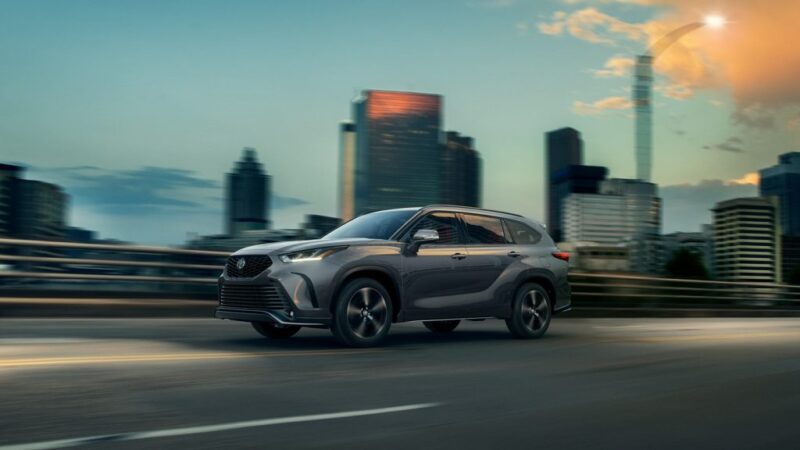
Source: motorbiscuit.com
If you regularly drive in large cities, a two-wheel-drive vehicle may do. However, if you often encounter severe weather or difficult terrains, a four-wheel drive may be preferable. A four-wheel drive is essential if your activities include off-road adventures. Nevertheless, a two-wheel-drive can help you save money on fuel, and it’s more convenient to maintain.
6. Towing Capacity
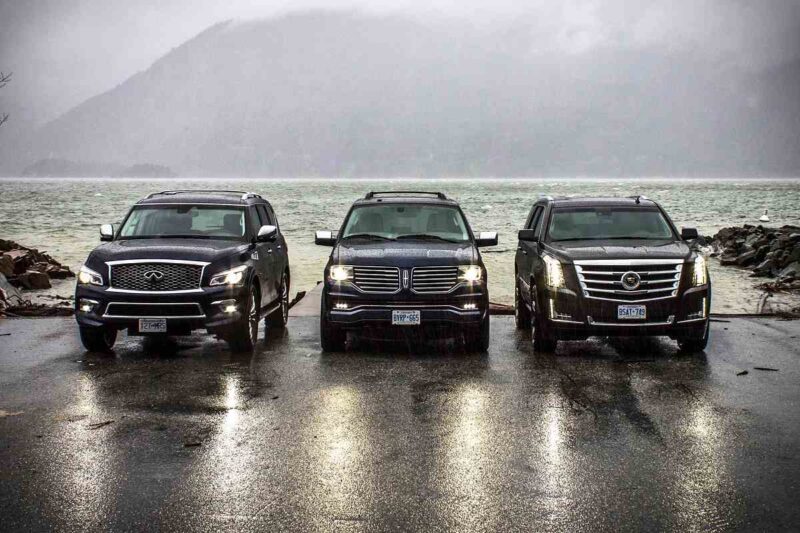
Source: onroadtips.com
Buyers should consider the towing capacity rating of the SUV they’re eyeing to ensure they purchase a vehicle capable of securely towing the weight they require. Large SUVs have far higher towing capability than almost any vehicle, except pickup trucks. The majority of full-sized variants are capable of towing up to the size of a big boat.
In comparison, several strong mid-sized models are capable of towing a camper. Moreover, an optional towing kit is often required to achieve the full towing capacity of mid-sized and bigger SUVs.
Bottom Line
Before you purchase an SUV, consider whether you need one. The most common cause of buyers’ regret is purchasing a vehicle that doesn’t meet their expectations in terms of functionality or driving preference.
Additionally, fuel economy and dependability are significant factors when it comes to vehicles. Moreover, consider your driving style and if you’ll be transporting trailers or other large items with your vehicle. If you’ve already decided to purchase one, the characteristics detailed in this article will help you evaluate various models.

